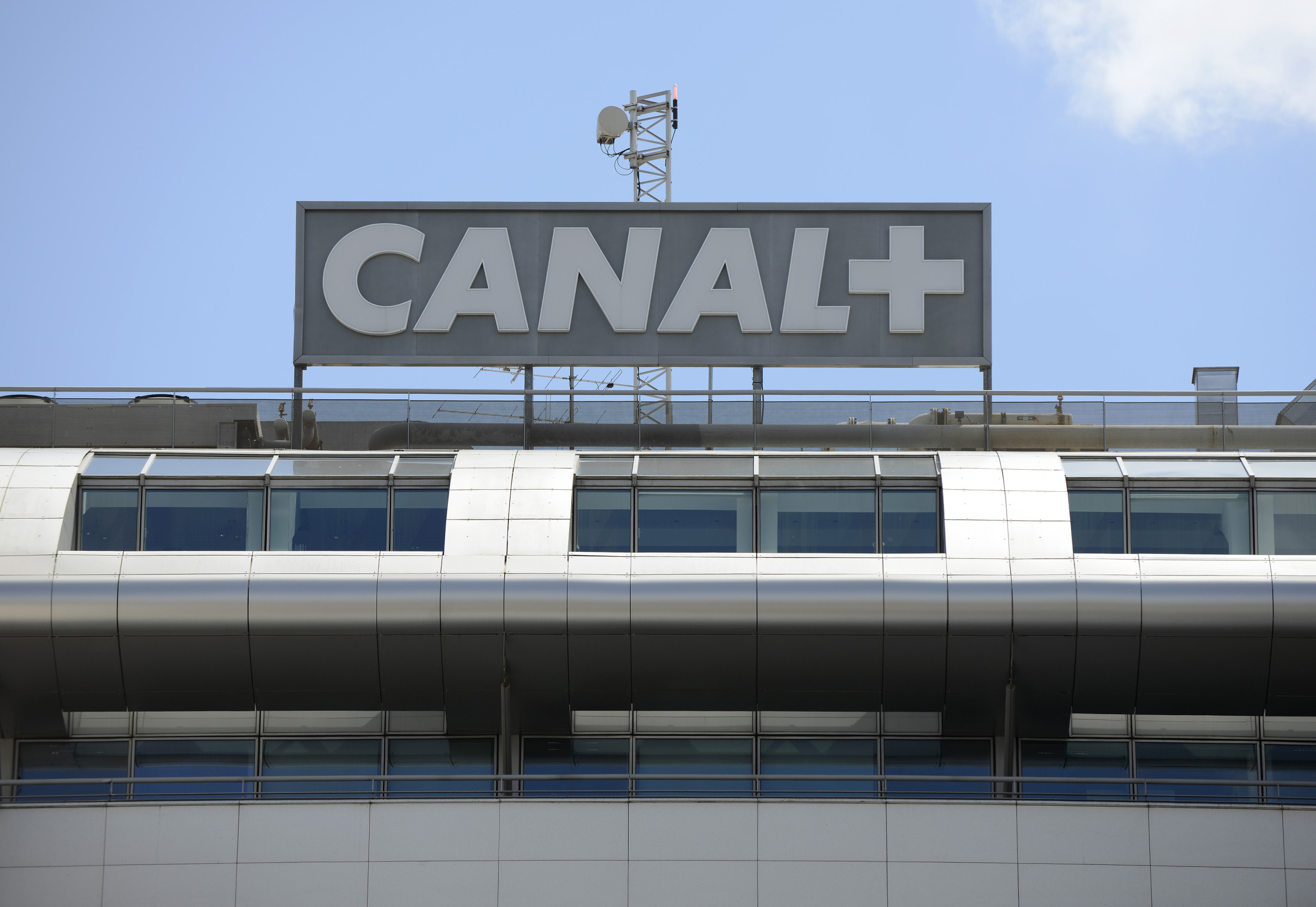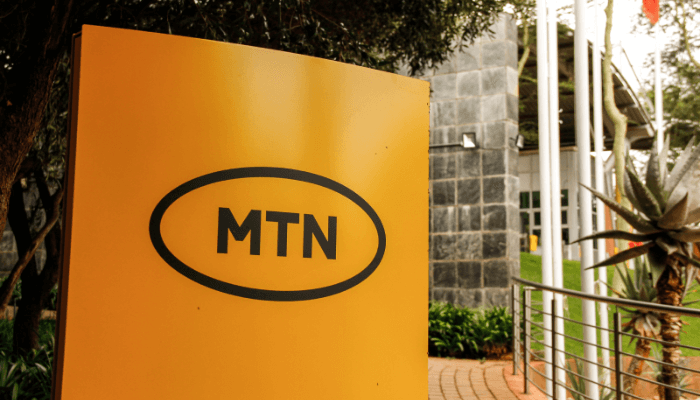With Canal+ experiencing operational challenges in its French and European strongholds a MultiChoice acquisition could be perfect but complex for the French broadcaster’s global expansion ambitions.
Canal+ Group’s parent company Vivendi is not shy about its interest in Multichoice. In its 2023 financial results, Vivendi states that its increasing its stake in Multichoice for international expansion. Growth potential in Africa and stiff competition from streaming platforms in France and Europe mean that acquiring Multichoice makes sense. However, complexities in South African mergers and acquisition regulatory requirements, including the fact that Canal+ would only be able to hold a maximum of 20% of voting rights, will make a deal complex.
According to South African law, Canal+ Group will have to make a mandatory takeover offer when its shareholding reaches 35%. Canal+ Group’s shareholding in MultiChoice stands at 32.6%. If the transaction goes through despite the complexities, the resulting entity would be an African broadcasting giant which could change the continent’s broadcasting landscape.
A sensible deal for Canal+
“[The company’s stakes in Asia’s Viu and Europe’s ViaPlay demonstrate] the company’s commitment to diversifying its portfolio and reaching a global audience,” said Sherilyn Kamga, a senior strategic finance analyst. “This diversification allows Canal+ to reduce its reliance on any single market and tap into potential growth opportunities in various regions around the world.”
In Europe, Canal+ holds a 12% stake in video streaming service ViaPlay. The company has been making investments in Viu, a Hong Kong-based over-the-top video streaming provider. Canal+ paid $200 million for a 26% stake with an option to increase it to 51%.
“Africa is an appealing market for Canal+ due to its existing presence in French-speaking countries like Ivory Coast, Cameroon, and Senegal,” added Kamga. “The acquisition of shares in MultiChoice further extends its reach across Africa, tapping into substantial growth potential driven by the rapidly growing middle class and increasing urbanisation in this region.”
According to data by DigitalTV Research, pay-TV revenues on the African continent are projected to reach $6.46 billion by 2027, up from $4.78 billion in 2021. Africa, with its growth potential especially in the pay-TV industry which is Canal+’s bread and butter, would be a logical frontier for international expansion for Canal+.
Furthermore, because of the similarities in the business models of MultiChoice and Canal+, there are likely synergies that can be harnessed through integration such as content sharing, technology integration, or marketing strategies. This could lead to cost savings, improved content offerings, and enhanced competitiveness in the market. Also, instead of Canal+ trying to compete with MultiChoice, especially in its anglophone African market segments, a consolidated group could potentially operate more efficiently and respond more quickly to market dynamics and consumer demands. This agility could be a competitive advantage for the entity in the rapidly evolving media landscape.
According to Digital TV Research’s data, by 2027, MultiChoice’s DSTv is projected to have a 14.6% market share while Canal+ is expected to have 10.7% share. If the two services consolidate, the resulting entity will have a more than 25% market share, easily beating out second-placed StarTimes.
[ad]
Some hurdles expected ahead
Although the transaction seems to be cleared for landing considering Canal+’s healthy financial position and the fact that MultiChoice’s share price has been taking a pummeling, regulatory challenges will be a nagging factor.
“It would be unlikely that we would see a complete takeover. South African legislation limits the foreign ownership of South African broadcasters to 20%,” said Jimmy Moyaha, an independent financial markets analyst. “This means that the voting rights of Canal+ would always be limited to 20% of the company’s total voting power as per a provision in MultiChoice’s Memorandum of Incorporation.”
According to Kamga, to get past that hurdle of having its voting rights limited, Canal+ could partner up with local players via a holding structure. “[Canal+] could form alliances with local partners who will hold a majority stake in the company. This way, it could exert indirect influence over the management of the company without exceeding the 20% voting rights limit,” said Kamga.
Alternatively, some foreign investors use complex investment structures, such as trusts or holdings, to acquire a significant stake in a South African company while adhering to voting rights limits. This way, it could exert indirect influence over the management of the company without exceeding the 20% voting rights limit.
Interesting times ahead
Canal+ currently has 7 million subscribers in Africa, its second-largest market, easily dwarfed by MultiChoice’s 23.5 million. However, while MultiChoice’s revenues were R59 billion (~$3.1 billion) for the FY 2023 with a jittery share price, Canal+’s were 3 billion euros (~$3.2 billion) in just 6 months.
MultiChoice’s growing subscriber base, marked by an 8% year-on-year increase in 2023, solidifies its appeal as an acquisition target. However, MultiChoice’s impressive performance should not be taken at face value. For example, although subscribers are on the increase, its average revenue per user (ARPU) has been on a downward trajectory.
Taking into consideration these facts, according to Kamga, whether the transaction will boost shareholder value on the buy-side will depend on Canal+’s strategy. “By successfully implementing cost synergies, pursuing strategic expansion, and effectively enhancing its market position, Canal+ can significantly enhance shareholder value in the long run,” concluded Kamga.
Canal+ Group’s France and European market challenges, combined with MultiChoice’s pan-African presence, robust topline financial performance and a struggling share price make the perfect concoction for an acquisition. However, regulatory headaches as well as MultiChoice’s own operational issues mean that to derive the most value for parent company Vivendi’s shareholders, Canal+ still have a lot of work ahead to even get the transaction off the ground let alone sustain it in the long run.
Have you got your tickets to TechCabal’s Moonshot Conference? Click here to do so now!






















